Evolving Ship Management, Shipowners and Regional Banks Struggling to Keep Pace 進化する船舶管理、追いつかぬ船主と地銀

As digitalisation and seafarer training accelerate within ship management companies, some Japanese shipowners and regional banks are finding themselves left behind by the technological standards of those management firms.
Key Points of This Article
→ Since 2022, global ship management companies have been undergoing consolidation, increasingly concentrating under large ship management groups. The IMO and the EU are advancing schemes such as the EU-ETS and emissions trading, and ship management companies are now required to carry out strict calculations of greenhouse gas emissions.
→ At the same time, operators are demanding a range of new capabilities from ship management companies, including route optimisation, wind-power systems and data risk management. Meanwhile, smaller Japanese shipowners and latecomer regional banks and credit unions involved in ship finance are failing to secure enough personnel capable of negotiating with ship management firms.
“You can read the rest of the article in both English and Japanese.” (続きは英語と日本語で書かれた本文でお読みください)

進化する船舶管理、追いつかぬ日本船主と地銀
船舶管理会社のデジタル化、船員養成が加速している中、一部の日本船主や地方銀行の中には、船舶管理会社の技術水準に取り残されている。
この記事のポイント
→2022年以降、世界の船舶管理会社は合従連衡が進み、大手の船舶管理会社に集約されつつある。IMOやEUはEU-ETS、排出権取引などを進め、船舶管理会社は厳密な温室効果ガスの計算などを求められるようになった。
→同時に航路の最適化、風力システム、データリスク管理など様々な要求がオペレーターから船舶管理会社に要請されるようになった。一方、日本の小規模船主や船舶融資の後発組の地方銀行、信用金庫は、船舶管理会社との交渉に対応できる人材を十分に確保できていない状況となっている。
“You can read the rest of the article in both English and Japanese.”(続きは英語と日本語で書かれた本文でお読みください)

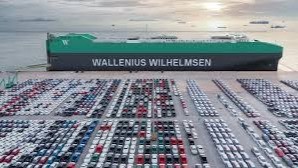
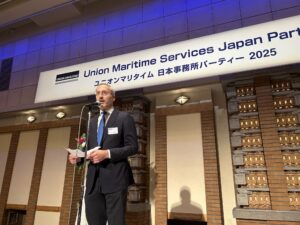

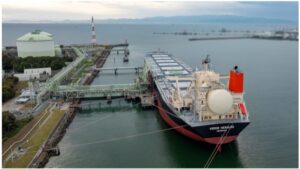
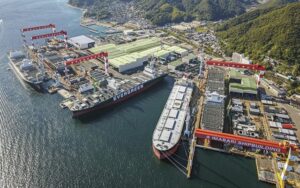
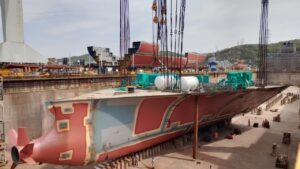
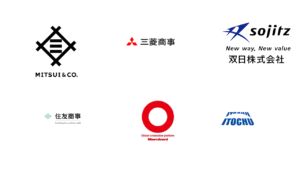
コメント